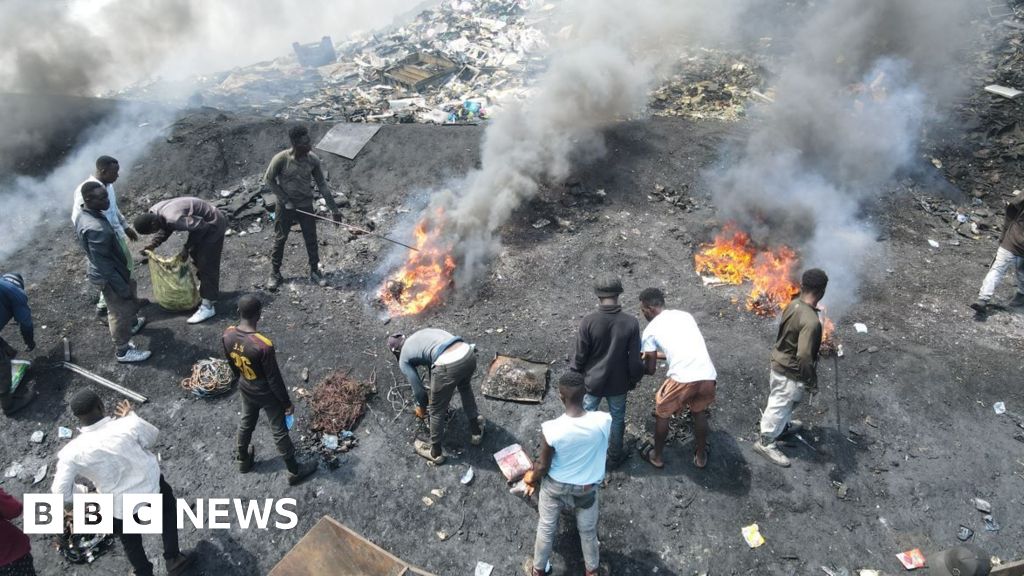E-waste: Burning old TVs - the toxic trade in electrical waste
- FNBC
- Nov 24, 2024
- 1 min read
 The escalating problem of electronic waste (e-waste) is becoming increasingly difficult to ignore. With a growing global appetite for consumer electronics, the lifecycle of gadgets is shortening, leading to an alarming surge in discarded electrical devices. Among these, old televisions represent a significant fraction, and their disposal has given rise to a hazardous, albeit profitable, underground industry. Around the globe, individuals and communities, often in economically disadvantaged areas, are engaging in the dangerous practice of extracting valuable materials from e-waste. This process can yield precious metals like gold, copper, and aluminum, which are worth the effort in the eyes of those with limited economic alternatives. However, this makeshift recycling effort comes at a great cost to both human health and the environment. The rudimentary methods employed to break down e-waste, such as open-air burning, release toxic substances including lead, cadmium, and mercury into the environment. These harmful pollutants have been linked to a range of serious health issues, from respiratory problems to cancer and developmental disorders in children. The immediate vicinity of these operations suffers from severe air and soil contamination, posing long-term ecological threats. Despite the evident dangers, the e-waste industry continues to thrive, powered by the
留言